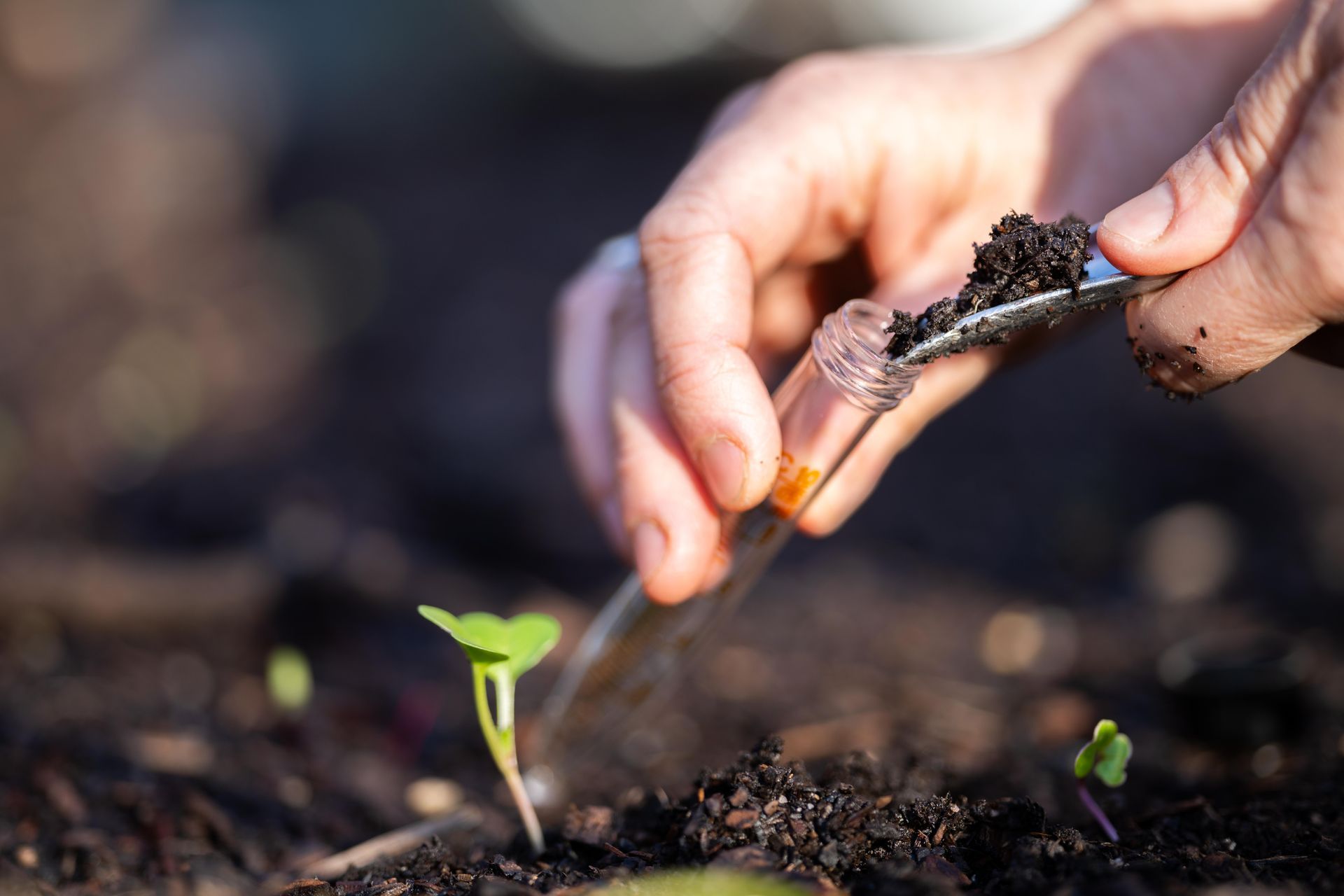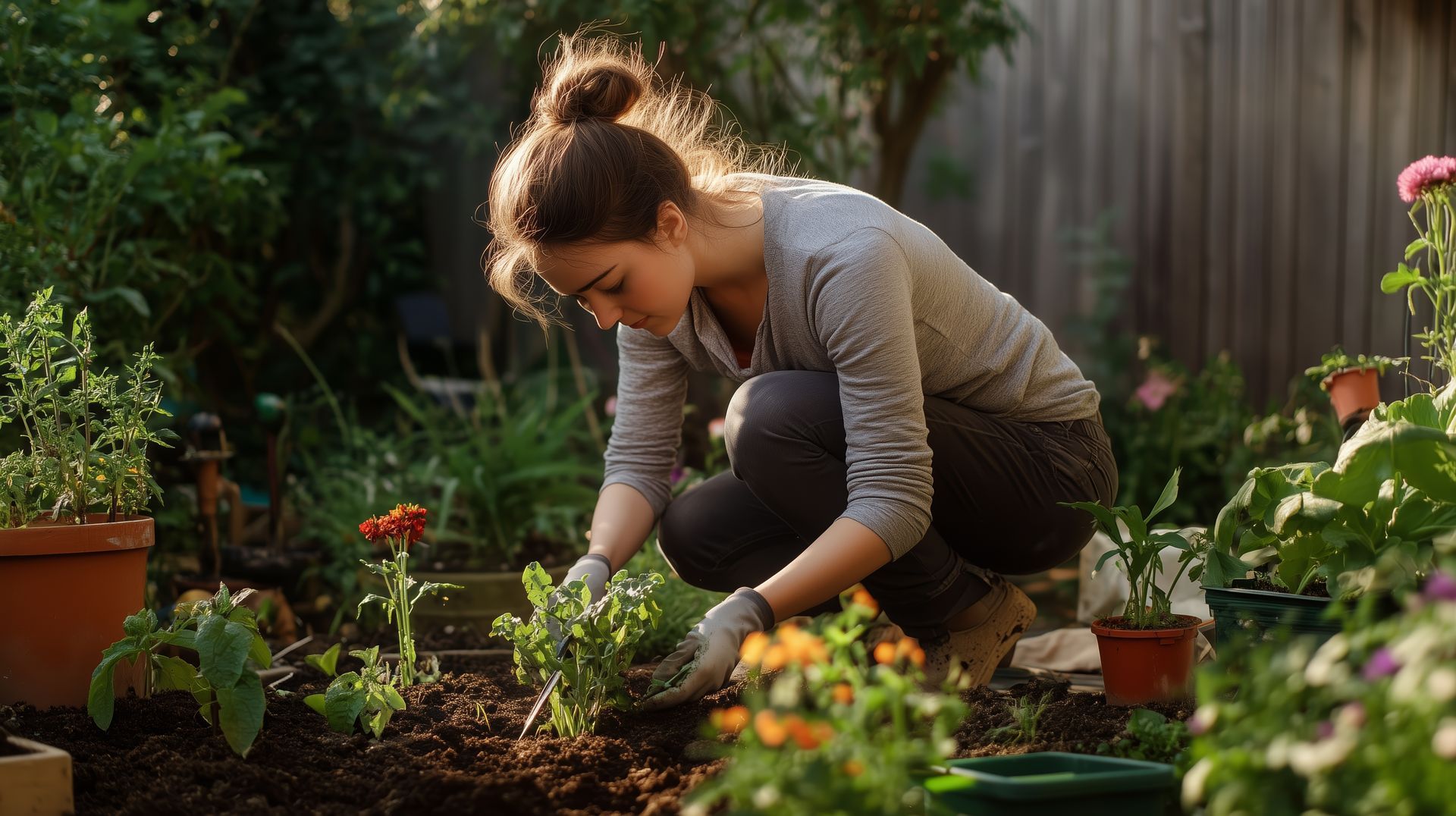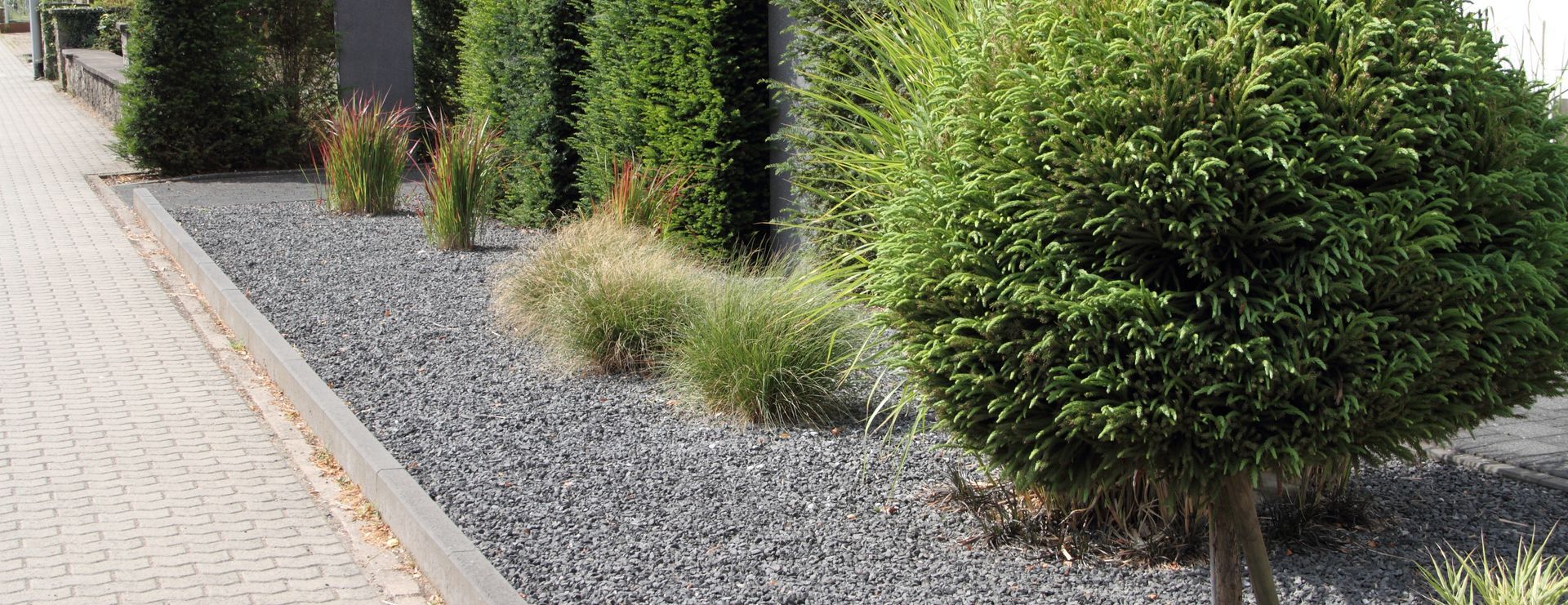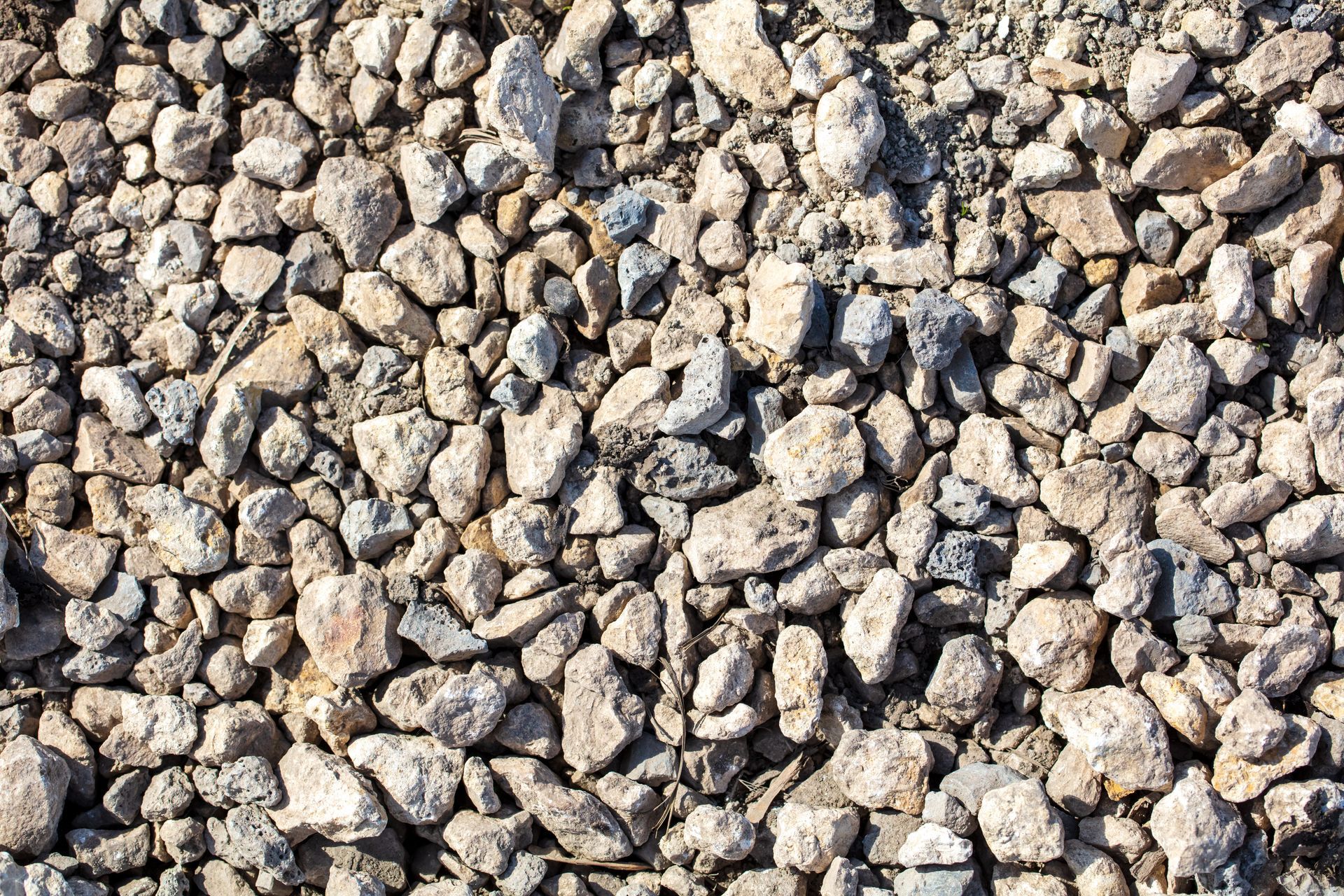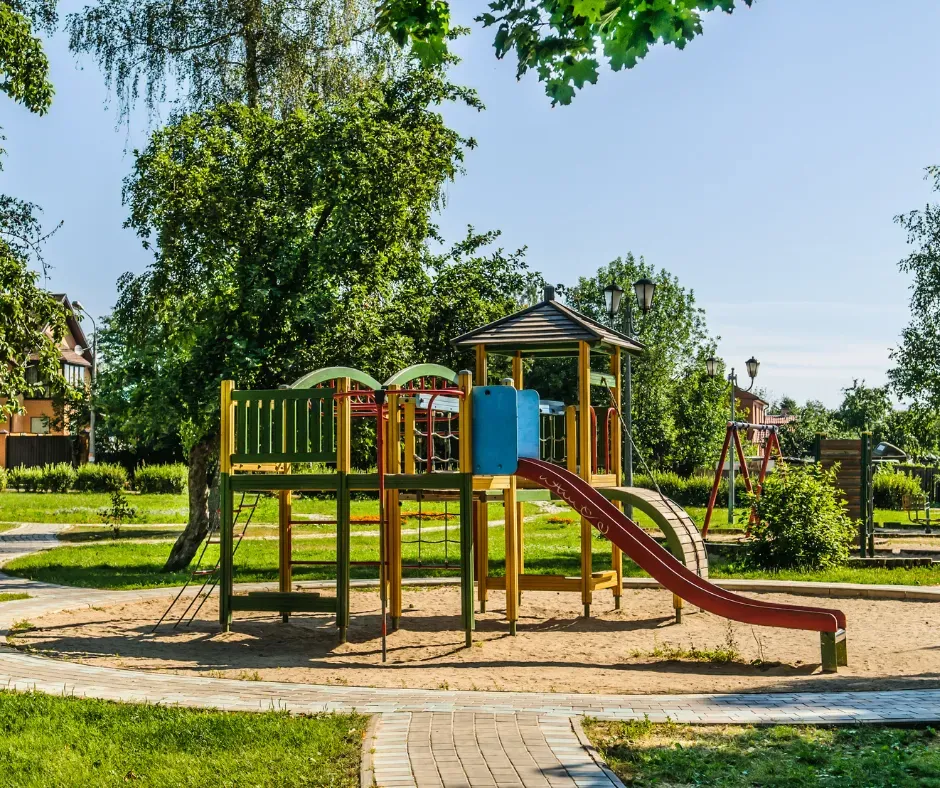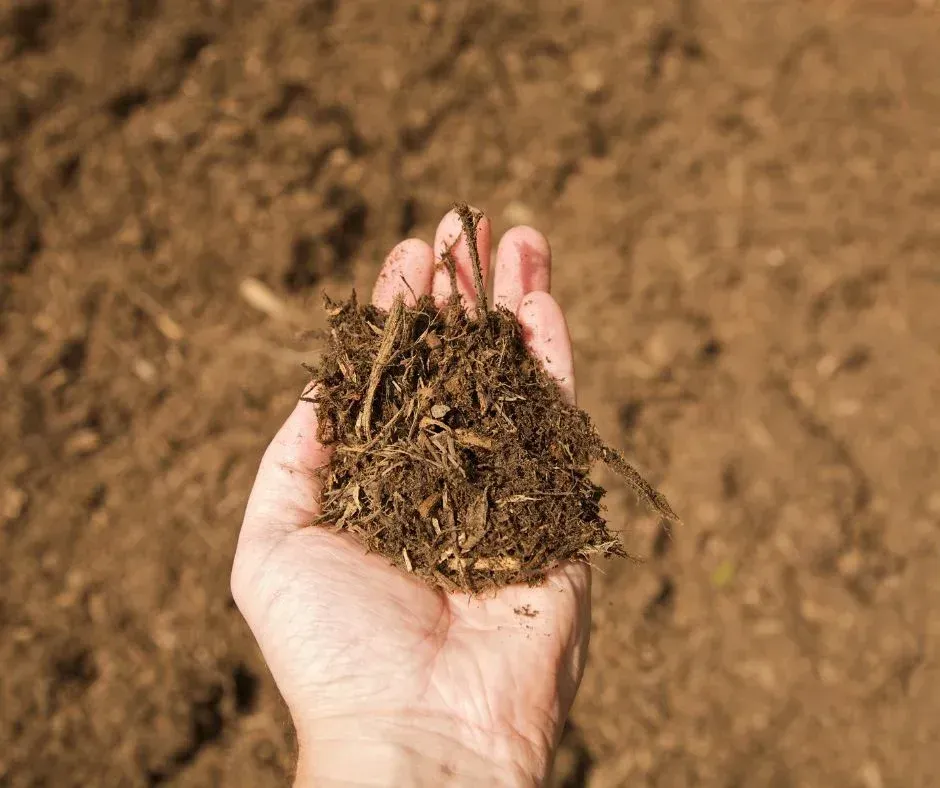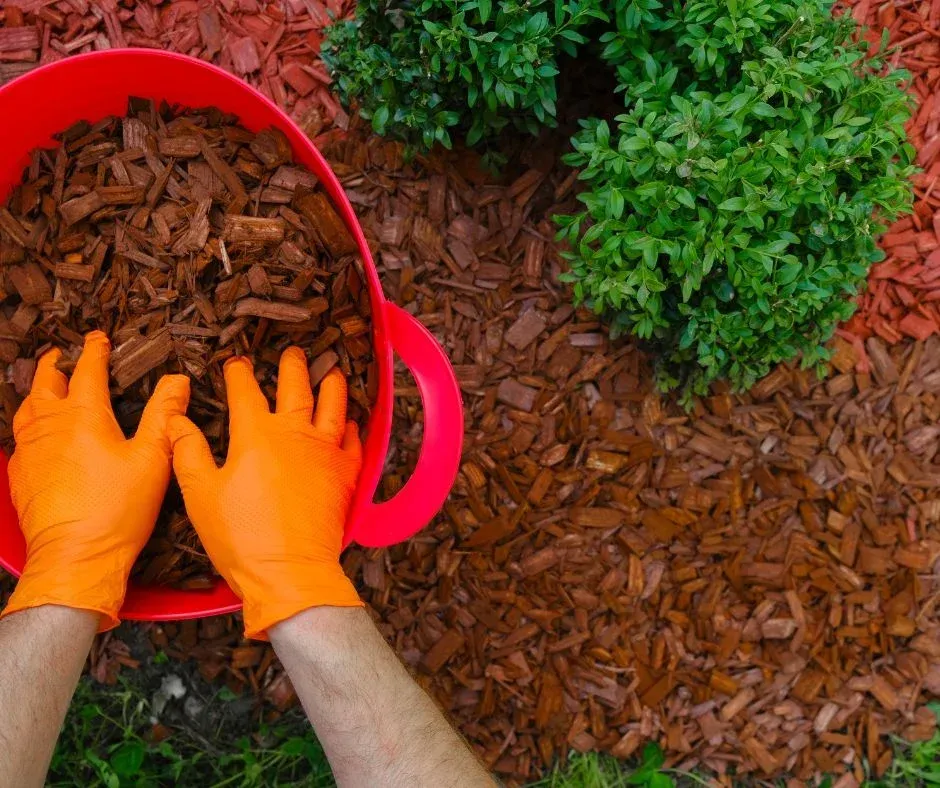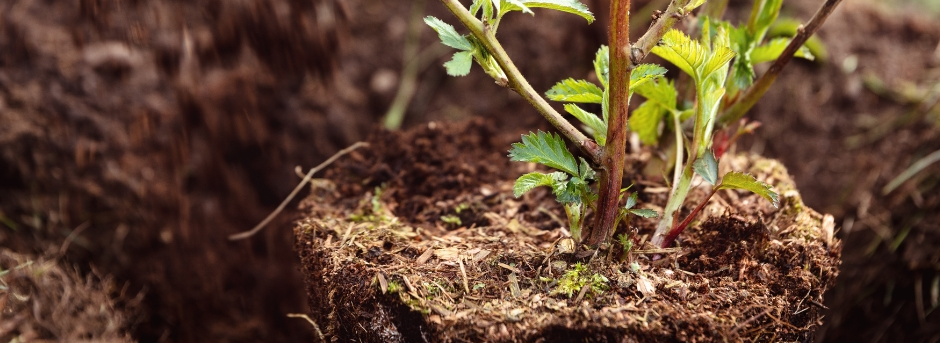5 Surprising Ways Soil Affects Your Health and Well-being
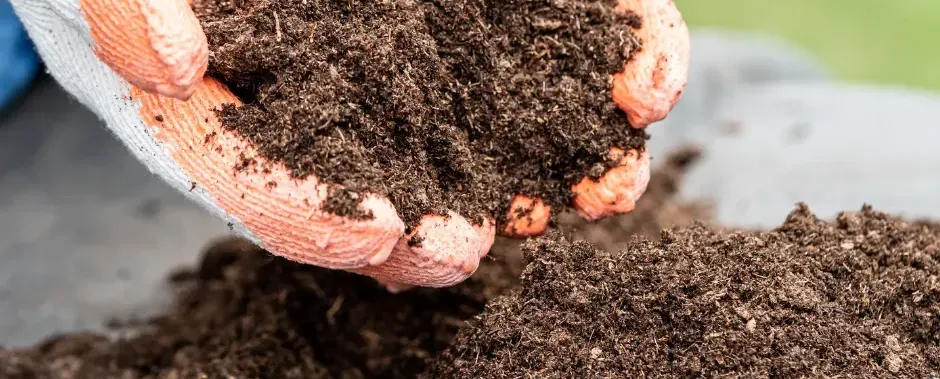
When we think about factors that influence our health and well-being, soil is probably not the first thing that comes to mind. However, the ground beneath our feet plays a significant role in our overall health. Soil is not just a medium for plants to grow; it has a profound impact on our lives in ways you might find surprising. In this blog post, we'll explore five unexpected ways soil affects your health and well-being.
Soil Microbes and Gut Health
Believe it or not, there's a connection between the soil beneath us and the microbes in our gut. Soil is teeming with microorganisms, many of which are beneficial to both plants and humans. When we come into contact with soil through activities like gardening or spending time outdoors, we introduce these microbes to our bodies.
Research has shown that exposure to soil microbes can help improve our gut health and strengthen our immune system. These tiny organisms can stimulate the production of beneficial gut bacteria, which in turn can boost our overall well-being.
Mood Enhancement Through "Earthing"
Have you ever noticed how spending time walking barefoot on natural ground can make you feel more relaxed and grounded? This phenomenon is often referred to as "earthing." When we make direct skin contact with soil, we can absorb negative ions from the Earth's surface, which can help reduce stress and improve our mood.
Studies have suggested that earthing may help reduce inflammation, improve sleep, and enhance overall emotional well-being. So, the next time you have the opportunity, take a walk in the grass or sand barefoot and reap the calming benefits of soil.
Soil and Allergies
Allergies can be a significant source of discomfort for many people. Surprisingly, the type of soil in your environment can have an impact on your susceptibility to allergies. Soil can contain allergenic particles like pollen and mold spores, which can become airborne and trigger allergic reactions.
Understanding the soil composition in your area can help you manage your allergies more effectively. By being aware of the local flora and fauna and how they interact with the soil, you can take steps to minimize your exposure to allergens and reduce allergy symptoms.
Soil as a Source of Essential Nutrients
Healthy soil is the foundation of a nutritious food chain. When plants grow in nutrient-rich soil, they absorb essential minerals and vitamins that are then passed on to those who consume them. In contrast, poor soil quality can result in nutrient-deficient crops, which can have adverse effects on our health.
By supporting sustainable farming practices and choosing foods grown in nutrient-rich soil, you can ensure that you are getting the essential nutrients your body needs for optimal health and well-being.
Soil and Physical Activity
Engaging in physical activities like gardening, farming, or outdoor sports not only gets you moving but also connects you with the soil. These activities provide an opportunity for exercise, relaxation, and stress reduction while allowing you to interact with the earth.
Spending time outdoors and getting your hands dirty can promote a sense of well-being, reduce anxiety, and improve mental health. The physical benefits of such activities are well-documented, but the emotional and psychological advantages of connecting with the soil should not be underestimated.
Soil is a vital yet often overlooked factor in our health and well-being. Its influence goes beyond providing a foundation for plants; it affects our gut health, mood, allergies, nutrition, and physical activity. Embracing the positive aspects of soil, such as gardening and spending time outdoors, can lead to a healthier and happier life. So, the next time you find yourself in contact with the earth, take a moment to appreciate the surprising ways soil is contributing to your overall well-being.

